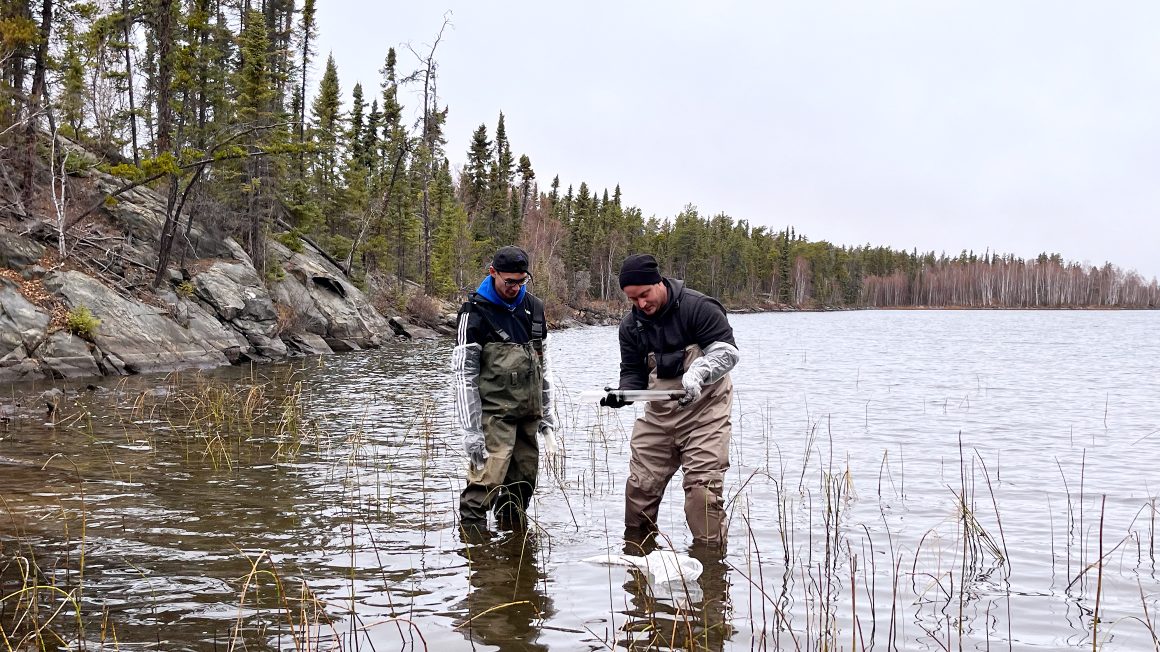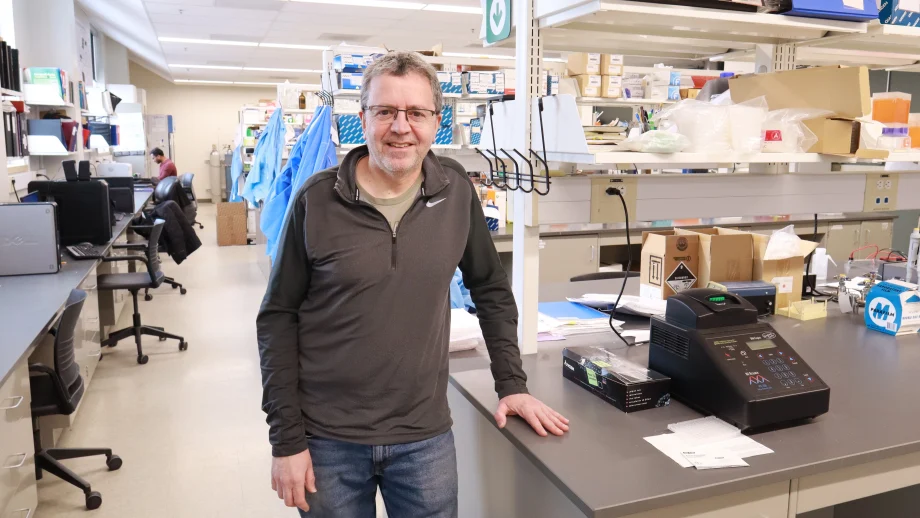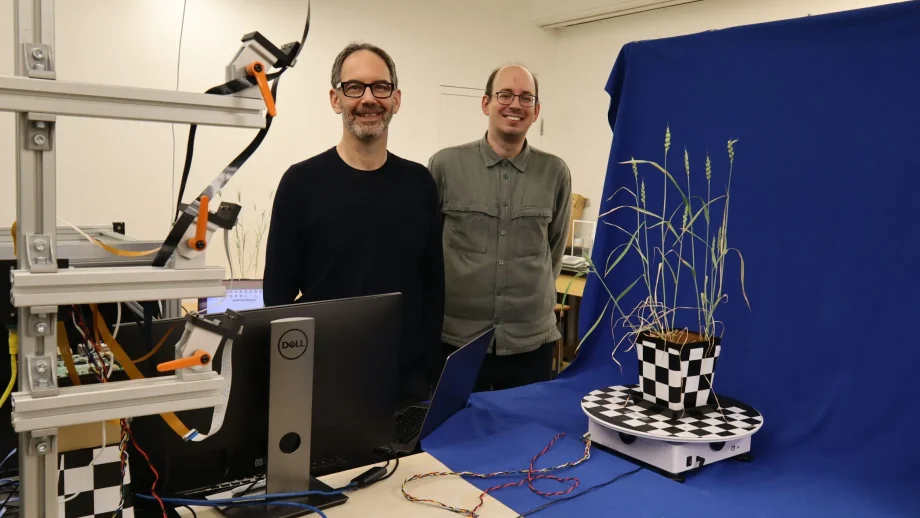Canada’s vast water resources are threatened by human influences including climate change, agricultural pollution, and urbanization. To help protect these natural resources, UWinnipeg’s Dr. Nora Casson is helping us understand the mechanisms behind the changes that we see in lakes, streams, and wetlands.
Dr. Casson is a Canada Research Chair (CRC), Tier 2, in Environmental Influences on Water Quality, whose CRC has been renewed for an additional $500,000 over five years.
The most exciting thing about the CRC funding is that it helps support student research.
Dr. Nora Casson
Her research expands our understanding of how human activities impact boreal ecosystems. The alarming rates of climate change in northern boreal regions are among the highest anywhere on Earth. Rising temperatures, changes to precipitation, and declining snow cover will fundamentally alter how water and chemicals move through the environment, and could threaten our valuable aquatic resources.
“Environmental research is complex and messy, and requires creative, collaborative efforts to achieve sustainable solutions,” shared Dr. Casson. “The research we do can inform and aid management and policy decisions designed to protect our water.”
Through interdisciplinary collaboration with researchers, practitioners, and decision-makers, the results of Dr. Casson’s research inform management decisions to protect ecosystems and water quality.
Her research team also includes working with undergraduate and graduate students from a range of the scientific disciplines that include geography, environmental studies and sciences, biology, and chemistry.
“Working with students is my absolute favourite part of my job,” said Dr. Casson. “The most exciting thing about the CRC funding is that it helps support student research.”
The majority of her graduate students are in the Master in Environmental and Social Change program. Their projects involve a blend of field work at the IISD Experimental Lakes Area (ELA), in the southern Manitoba agricultural streams and in lakes and forests near Flin Flon; lab work at UWinnipeg Richardson College; and data synthesis.
Dr. Casson notes that alumni of the lab have gone on to impactful roles including jobs at Ducks Unlimited, Lake Winnipeg Foundation, IISD-ELA, and the Manitoba Government.
UWinnipeg’s Canada Research Chairs are world-class scientists and scholars from diverse fields who are working on new discoveries and innovations that help our environment, health, communities, and economy thrive.





